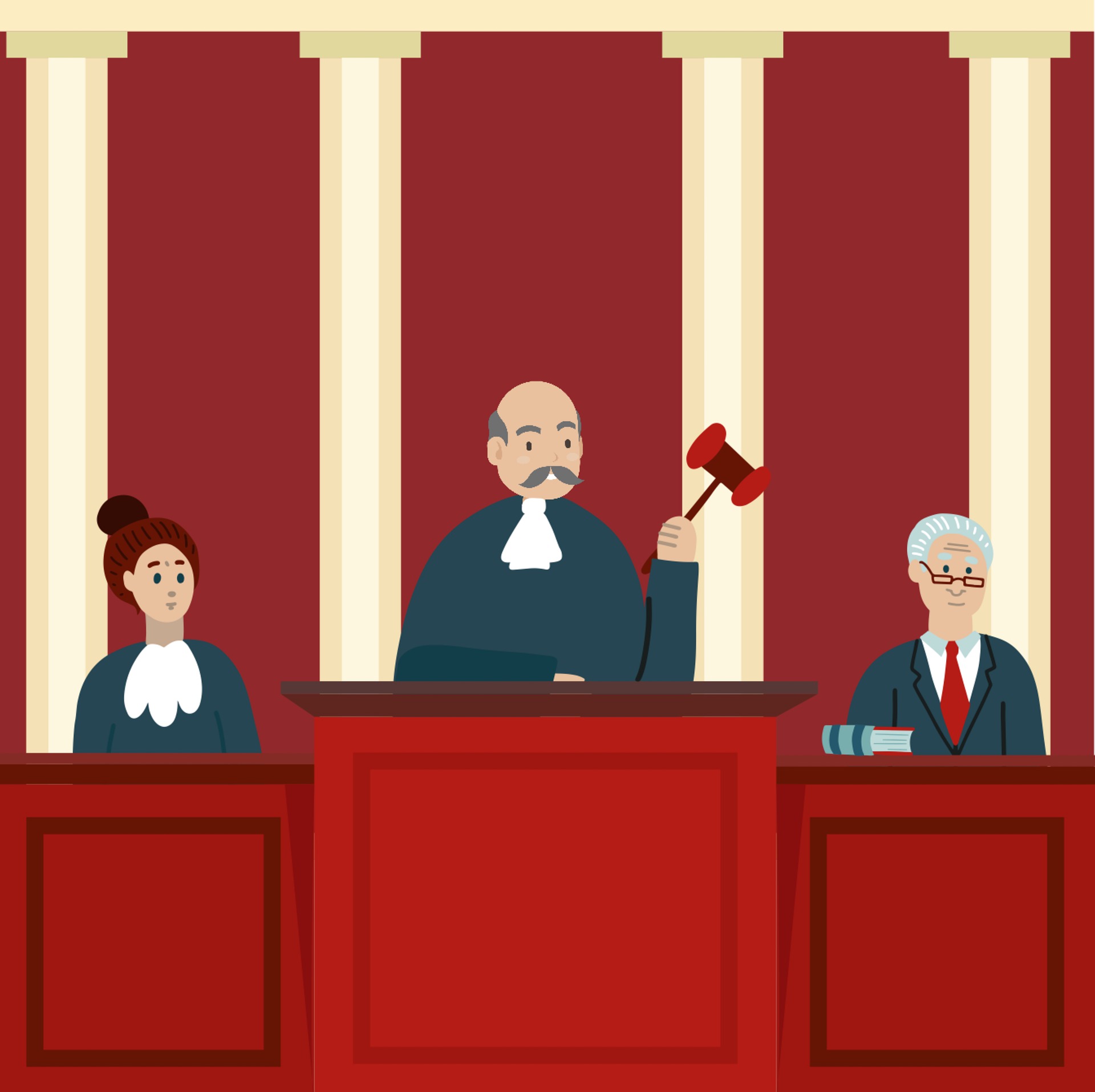
Counsel preparing for a trial involving expert witnesses need to keep two cases ready to hand: The first is Sargon Enterprises, Inc. v. University of Southern California (2012) 55 Cal.4th 747, which prohibits experts from giving wild-eyed speculations on lost profits. And the second is People v. Sanchez (2016) 63 Cal.4th 665 (Sanchez), which prohibits parties from offering otherwise hearsay evidence through their experts.
That is what the plaintiff tried to do in the catastrophic injury case of Townsend v. Olivo (D4d2 Jun. 15, 2021) no. E073183 (non-pub.). The plaintiff suffered injuries that would lead to amputation of his leg. His expert witness testified to the damages for the associated medical costs. But the expert admitted he had no knowledge of prosthetic devices. He had spoken with others about the costs, however, and so testified about that. The plaintiff offered no other evidence. The jury awarded over $1.1 million in future medical costs. The trial court denied the defendant’s motion for a new trial, and the plaintiff appealed.
The Fourth District Court of Appeal reversed. The expert’s testimony about future medical expenses was inadmissible hearsay. The foundational facts were outside of the expert’s personal knowledge, and no other witness supplied them, so no hearsay exception applies. It was error to admit the expert’s testimony. (Sanchez, supra, 63 Cal.4th at pp. 676-677, 686.)
That outcome is not surprising, given Sanchez. But this was surprising:
“An order denying a new trial is appealable as a postjudgment order under Code of Civil Procedure section 904.1, subdivision (a)(2).”
That is an incorrect statement of law. Section 904.1(a)(4) specifically makes orders “an order granting a new trial or denying a motion for judgment notwithstanding the verdict” appealable. But not orders denying a new trial. An order denying a motion for a new trial is not directly appealable but is reviewable from the underlying judgment. (Walker v. Los Angeles County Metropolitan Transportation Authority (2005) 35 Cal.4th 15, 18, 23.)
That is anecdotal basis to take care before relying on statements of law in unpublished opinions without checking up on them first.
Tim Kowal helps trial attorneys and clients win their cases and avoid error on appeal. He co-hosts the Cal. Appellate Law Podcast at www.CALPodcast.com, and publishes a newsletter of appellate tips for trial attorneys at www.tvalaw.com/articles. His appellate practice covers all of California's appellate districts and throughout the Ninth Circuit, with appellate attorneys in offices in Orange County and Monterey County. Contact Tim at tkowal@tvalaw.com or (714) 641-1232.